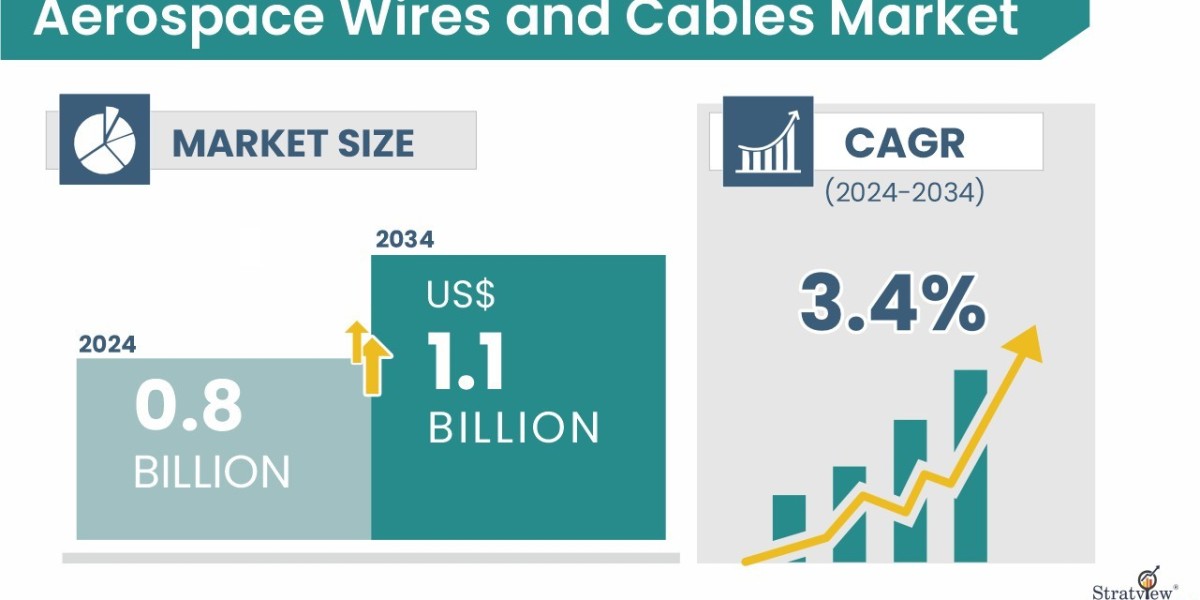The global cell therapy technologies market, valued at US$3.89 billion in 2023, stood at US$4.03 billion in 2024 and is projected to advance at a robust CAGR of 11.0% from 2024 to 2029, reaching a forecasted valuation of US$6.80 billion by the end of the period. This growth underscores the transformative potential of cell therapy technologies in modern healthcare, driven by advancements in regenerative medicine, increasing R&D investments, and the rising prevalence of chronic and rare diseases worldwide.
Emerging trends such as the integration of artificial intelligence (AI) and machine learning (ML) into cell therapy workflows are revolutionizing the industry by optimizing production processes, enhancing precision, and improving therapeutic outcomes. Moreover, the shift toward allogeneic cell therapies, offering scalability and wider accessibility, is further propelling market expansion. The rise of cell and gene therapy hubs across North America, Europe, and Asia-Pacific highlights the global momentum in this evolving field.
Download PDF Brochure: https://www.marketsandmarkets.com/pdfdownloadNew.asp?id=213334978
Attractive Opportunities in the Cell Therapy Technologies Market
Asia Pacific Emerging as a High-Growth Region
The Asia Pacific region is projected to grow at the fastest CAGR of 12.5% during the forecast period. Growth in this region is fueled by:
- Increasing investment in healthcare infrastructure
- Strong government and private sector R&D initiatives
- A large and aging population with rising incidences of chronic and degenerative diseases
Additionally, digital transformation in life sciences—supported by the adoption of AI and ML for bioprocess optimization—is creating lucrative opportunities for regional players and global investors alike.
Global Cell Therapy Technologies Market Dynamics
Driver: Advancements in Gene Editing Technologies
Innovations in gene editing tools, such as CRISPR-Cas9 and TALEN, are revolutionizing the landscape of cell therapy technologies by making treatments more precise, efficient, and targeted. These tools enhance accuracy in modifying cells, reduce development timelines, and improve clinical outcomes.
Notably, in March 2021, Caribou Biosciences (US) raised USD 115 million to advance next-generation CRISPR-based immune cell therapies for oncology. Similarly, Editas Medicine (US) is pioneering CRISPR therapies for retinal blindness and sickle cell disease, reinforcing the critical role of gene editing in advancing personalized medicine.
Restraint: Manufacturing and Logistical Complexity
Manufacturing and distributing cell-based therapies, particularly autologous treatments, remain resource-intensive and highly specialized. These therapies demand Good Manufacturing Practice (GMP) compliance, ultra-low temperature storage, and strict cold chain logistics—all of which elevate production costs.
For instance, CAR-T therapies such as KYMRIAH have faced manufacturing delays due to temperature deviations during transport, demonstrating how logistical challenges directly affect scalability and patient access. The need for skilled labor, high-tech facilities, and standardized processes continues to pose barriers to commercialization in emerging markets.
Opportunity: Integration with Digital Technologies such as AI & ML
The fusion of AI and ML with regenerative medicine is unlocking unprecedented opportunities for innovation. These technologies are transforming cell culture optimization, process automation, and data-driven decision-making across cell therapy development.
Companies like Insilico Medicine (US) and Cellarity (US) are leveraging AI to model cellular behavior and accelerate therapy design, while Sartorius (Germany) applies AI-driven analytics in bioreactors for real-time process control and quality assurance. Moreover, AI enhances CRISPR-based gene editing by predicting off-target effects, improving the safety and efficacy of precision medicine approaches.
Challenge: Supply Chain and Cold Chain Management
Autologous therapies require stringent cryopreservation standards (up to –196°C) to maintain cell viability. Disruptions in temperature control can lead to product inefficacy and financial losses. Companies like Cryoport (US) provide specialized logistics solutions for therapies such as Novartis’s KYMRIAH, but these systems significantly increase operational costs.
Additionally, the decentralized nature of manufacturing and limited cold chain infrastructure in developing regions hinder timely delivery and scalability, posing critical challenges for market expansion.
Request Sample Pages : https://www.marketsandmarkets.com/requestsampleNew.asp?id=213334978
Global Cell Therapy Technologies Market Ecosystem
The cell therapy technologies market ecosystem includes a wide range of stakeholders—from manufacturers and suppliers to research institutes, biopharmaceutical companies, and regulatory agencies. Each contributes to the innovation pipeline, ensuring quality, compliance, and market readiness.
By Product
- Media, sera, and reagents dominated the market in 2023 due to the increasing use of gene and cell therapies across research and clinical applications.
- The cell engineering segment is poised for rapid growth, driven by investments in advanced viral delivery systems and gene-editing platforms.
By Process
The cell processing segment—encompassing collection, isolation, expansion, and characterization—held the largest share in 2023. Rising demand for personalized therapies like CAR-T and stem cell treatments is fueling the need for automated, GMP-compliant processing solutions.
By Cell Type
T-cells dominated the market in 2023, primarily due to their critical role in cancer immunotherapies. Growing government funding and rising adoption of T-cell-based treatments continue to drive this segment.
By Application
The cardiovascular diseases segment exhibited a notable growth rate, driven by the increasing prevalence of heart conditions and the unmet need for regenerative cardiac therapies. Expanding R&D in stem cell applications and supportive regulatory frameworks are strengthening this trend.
By End User
Biopharmaceutical and biotechnology companies remain the dominant end users, with CROs and CMOs expected to register the highest growth. The surge in outsourcing of clinical trials and manufacturing operations is supporting scalability and accelerating commercialization timelines.
Regional Insights
North America: Market Leader
North America accounted for the largest share of the global cell therapy technologies market in 2023, driven by a mature biotech ecosystem, high R&D spending, and strong regulatory support. The region is expected to maintain its leadership through 2029.
Asia Pacific: Fastest-Growing Market
Asia Pacific is emerging as the fastest-growing region, supported by government incentives, a rising number of clinical trials, and strategic collaborations between local and global biotech firms. Adoption of AI and big data analytics in healthcare is further strengthening the region’s market outlook.
Recent Developments in the Cell Therapy Technologies Market
- September 2024: Lonza and Vertex signed a commercial supply agreement for CASGEVY, the world’s first CRISPR/Cas9 gene-edited cell therapy.
- August 2024: Merck acquired Mirus Bio to enhance its viral vector manufacturing capabilities.
- June 2024: Thermo Fisher Scientific launched the Heracell VIOS 250i AxD CO₂ Incubator to support automated cell therapy production.
- April 2024: Cytiva introduced new ELEVECTA cell lines to address challenges in viral vector manufacturing.
Key Market Players
Leading companies in the cell therapy technologies market include:
Danaher Corporation (US), Merck KGaA (Germany), Thermo Fisher Scientific Inc. (US), Lonza (Switzerland), Sartorius AG (Germany), Agilent Technologies, Inc. (US), Bio-Techne (US), Avantor, Inc. (US), Genscript (US), Fresenius SE & Co KGaA (Germany), BD (US), Corning Incorporated (US), Terumo Corporation (Japan), MaxCyte (US), and STEMCELL Technologies (Canada).
Conclusion: The Future of Cell Therapy Technologies
The cell therapy technologies market is at the forefront of biomedical innovation, bridging breakthroughs in gene editing, AI-powered bioprocessing, and scalable manufacturing. As the industry evolves toward personalized and allogeneic therapies, strategic partnerships, regulatory harmonization, and digital integration will define the next phase of growth.
With its strong innovation pipeline and increasing global collaboration, the market is well-positioned to transform the treatment landscape for chronic and life-threatening diseases by 2029 and beyond.
For more information, Inquire Now!



